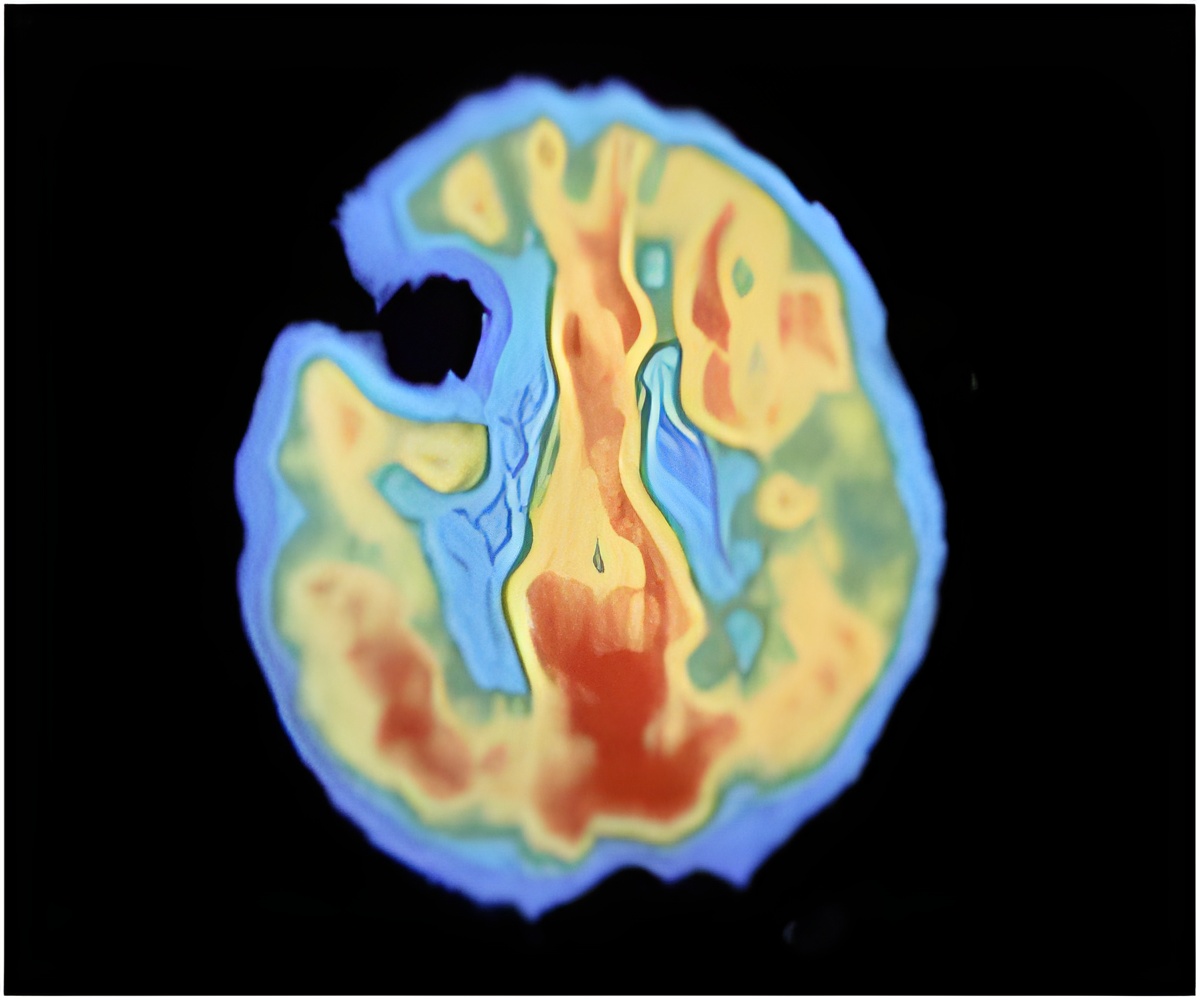Removing a protein from cells located in the brain's reward center blocks the anxiety-reducing and rewarding effects of nicotine

"These findings show that the rewarding and anxiety-reducing properties of nicotine, thought to play a key role in the development of tobacco addiction, are related to actions at a single set of brain cells," said Paul Kenny, PhD, an expert on drug addiction at Scripps Research Institute, who was unaffiliated with the study.
Previous studies showed blocking the alpha4 nicotinic receptor within the ventral tegmental area (VTA) — a brain region important in motivation, emotion, and addiction — decreases the rewarding properties of nicotine. Because alpha4 receptors are present on several cell types in the VTA, it was unclear how nicotine produced pleasurable feelings.
To zero in on the circuit important in the brain's response to nicotine, researchers developed mice with a mutation that left them unable to produce the alpha4 receptor, but only on dopamine brain cells. Mice lacking alpha4 receptors in these cells spent less time looking to obtain nicotine compared with normal mice, suggesting the alpha4 receptors are required for the rewarding effects of nicotine. Nicotine also failed to reduce anxiety-like behaviors in the mutant mice, as it normally does in healthy mice.
"Identification of the type of nicotinic receptors necessary for two key features of nicotine addiction — reward and anxiety — may help us better understand the pathway that leads to nicotine dependence, and potential treatment for the one billion cigarette smokers worldwide," McGranahan said. Diseases from tobacco use remain a major killer throughout the world, causing more than 5 million deaths per year.
The findings could guide researchers to a better understanding of the mechanisms of tobacco addiction and assist in the development of new drugs to treat tobacco addiction and provide relief from anxiety disorders, Kenny added.
Advertisement
Source-Eurekalert















